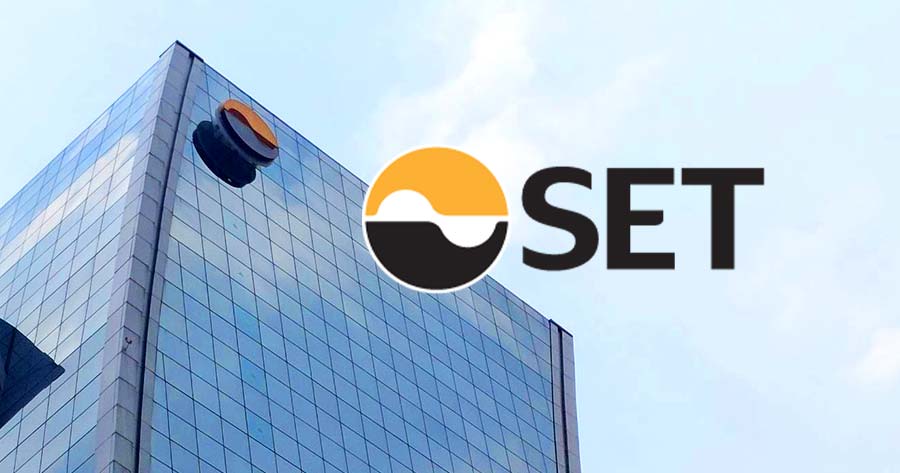Asadej Kongsiri, President of the Stock Exchange of Thailand (SET), has disclosed that SET is closely monitoring the ongoing violence in the Middle East and is prepared to implement contingency measures to ensure uninterrupted trading in the event of an emergency.
He further commented on the current highly volatile global scenario, referencing factors such as the trade negotiations between the United States and China, which, while having reached a framework agreement, remain uncertain as circumstances are constantly evolving.
The same holds true for domestic factors, as multiple news events have impacted the country’s capital market. SET, therefore, has a dedicated team vigilantly monitoring these developments, standing ready to deploy necessary measures to safeguard market operations and stability.
The crucial factor is enabling investors to trade as usual and maintaining market liquidity for easy entry and exit. However, if a sudden or severe situation arises, the SET may need to implement measures that either slow down trading or assist investors in making informed decisions, said Asadej.
Regarding the progress in negotiations on import tariffs between Thailand and the United States—which is nearing the deadline for the temporary suspension of tariffs imposed by President Donald Trump for 90 days until July 9, 2025—Mr. Asadej stated, to his knowledge, that Thailand has already scheduled discussions with the US.
He expressed hope that the outcome would be positive and expected that successful negotiations would bode well for the Thai capital market. Currently, it is reported that a meeting for the negotiations has been set.
Chavinda Hanratanakool, CEO of Krungthai Asset Management (KTAM) and Chairman of the Association of Investment Management Companies (AIMC), noted that the Thai stock market is closely tied to the country’s economic direction.
At present, the government is making every effort to stimulate the slowing economy, and one of the key mechanisms is boosting the capital market through tax-advantaged investment funds. These range from the Thai ESG Fund to the new special sustainability fund, TESGX.
TESGX presents an attractive investment opportunity at this time, granting investors tax deduction benefits of up to THB 600,000 this year. Combined with the Retirement Mutual Fund (RMF) benefit of an additional THB 500,000, investors can claim up to THB 1.4 million in total tax deductions—a significant incentive for tax planning and long-term investment.
The fund is notable for its strong emphasis on ESG (Environmental, Social, and Governance) equities, with these assets making up as much as 65% of the portfolio. This focus supports the sustainable growth of Thailand’s capital market and encourages good corporate governance among listed companies, benefitting both investors and the overall Thai economy in the long term.
Chavinda also remarked that the Thai stock market is currently “saturated,” but this presents an interesting time to gradually invest, as much of the downside has already been priced in. Should the economy recover within the next five years, Thailand’s capital market stands poised for robust renewed growth.
She remains confident that despite facing multiple pressures, if the government establishes clear economic directions, reduces household debt, and forges new trade partnerships, the Thai stock market can regain momentum in the long run.
The crucial task is to maintain confidence in the capital market, with the government playing a pivotal role in creating a reassuring atmosphere for investors. This could include promoting corporate governance and transparency among listed companies. At present, more listed companies have begun to engage proactively with fund managers and disclose relevant information, Chavinda concluded.




